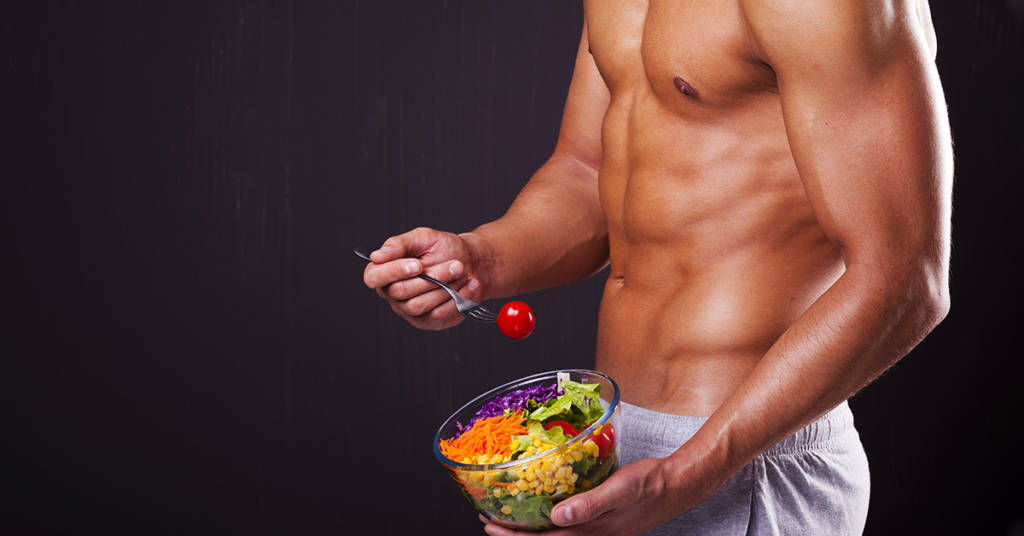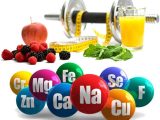THE 10 MOST IMPORTANT VITAMINS FOR ANYONE WHO DOES STRENGTH TRAINING
May 20, 2021The world of micronutrients can only be quite confusing. There are countless vitamins and minerals and to make it even more complex, different names are often used for the same substance. Once you understand which vitamins and minerals are important to you, the next challenge is at your doorstep: discovering which foods you consume them with.
To make it easier for you, we have put together the vitamin & mineral handbook for you: the 10 most important vitamins & minerals for everyone who does strength training. We explain why you should get enough of it and how to do it!
VITAMINS
We start with the first category: vitamins. But what exactly are vitamins? Vitamins are substances that occur in small quantities in our diet, such as milligrams or even micrograms. With the exception of a few vitamins, your body cannot produce them itself, so it is crucial to get enough of them.
B VITAMINS
For starters, we have the B vitamins. Here we are cheating a bit, because this group actually consists of no less than 8 different vitamins. Those are the following 8:
- Vitamin B1 (Thiamine)
- Vitamin B2 (Riboflavin)
- Vitamin B3 (Nicotinamide)
- Vitamin B5 (Pantothenic Acid)
- Vitamin B6 (Pyridoxine)
- Vitamin B8 (Vitamin H / Biotin)
- Vitamin B11 (folic acid and folate)
- Vitamin B12 (Cobalimines)
B vitamins are important for everyone, but especially when you do strength training. To give just a few examples:
- Vitamin B11 (folic acid) plays an important role in amino acid synthesis. This is important to be able to properly process all those proteins that you eat every day
- Vitamin B8 (biotin) supports normal (fat) metabolism. An important factor if you not only want to build muscle mass, but also lose fat and stay in shape
- Vitamin B12 supports energy levels. Indispensable if you want to get the most out of your (strength) training every day
- Vitamin B6 is good for the nervous system. Also not unimportant, because your muscles can recover so well, if your nervous system gets tired you really will not make any progress
And those are just a few of the reasons why B vitamins are so important to you. If we still have to give a short summary, we can say that B vitamins contribute to your nervous system and energy metabolism so that you can deliver maximum performance, every day.
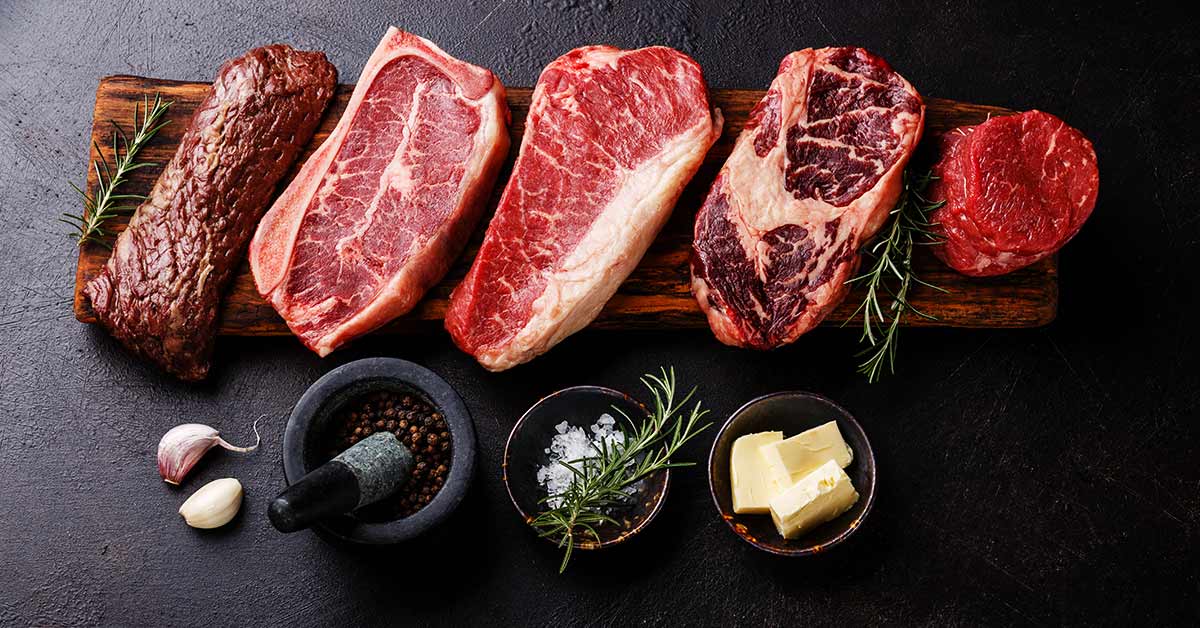
HOW DO YOU GET ENOUGH B VITAMINS?
Because B vitamins consist of so many different types, it is difficult to give one guideline for this. But in general, B vitamins are common in the following products:
- Meat
- Bread
- Potatoes
- Dairy products
- Vegetables
- Eggs
Enough opportunities to get those B vitamins every day, but do you realize that as a fanatic strength athlete you have a considerably higher need than someone who does not train. That is why it can be valuable to add a Vitamin B Complex to your daily diet, especially if you feel that you do not have the energy you should have.
Finally, B vitamins are water soluble vitamins. This means that they are not stored in the body and the surplus leaves the body through the urine. That makes it extra important to make sure you get enough B vitamins every day.
VITAMIN C
The next vitamin will be familiar to most, we are of course talking about Vitamin C. Vitamin C is a water-soluble vitamin that also performs an antioxidant function.
Fun fact: Vitamin C is also called ascorbic acid . That word comes from a (not) and scorbutus (a corruption for scurvy). In the 19 e century scurvy because found a common disease and researchers for example, lemon juice helped by good here. It was only later discovered that this was due to Vitamin C and scurvy was a result of a long-term Vitamin C deficiency.
Fortunately, scurvy is no longer a problem with food as we know it today, but besides that, Vitamin C has countless other benefits. The list is too long to list here completely, but the following is mainly interesting for strength athletes:
- Vitamin C promotes resistance during and after physical exertion
- Vitamin C activates your natural energy in the body
- Vitamin C is important for the cartilage
- Vitamin C helps protect healthy body cells
It should therefore be clear that Vitamin C, also because of its antioxidant effect to protect against free radicals, plays an enormously important role in your body. Do you realize that intensive strength training not only ensures muscle growth, but that it is primarily a burden on your body. Cells and tissues are damaged, only then can recovery take place. And yes, let Vitamin C play an important role in this.
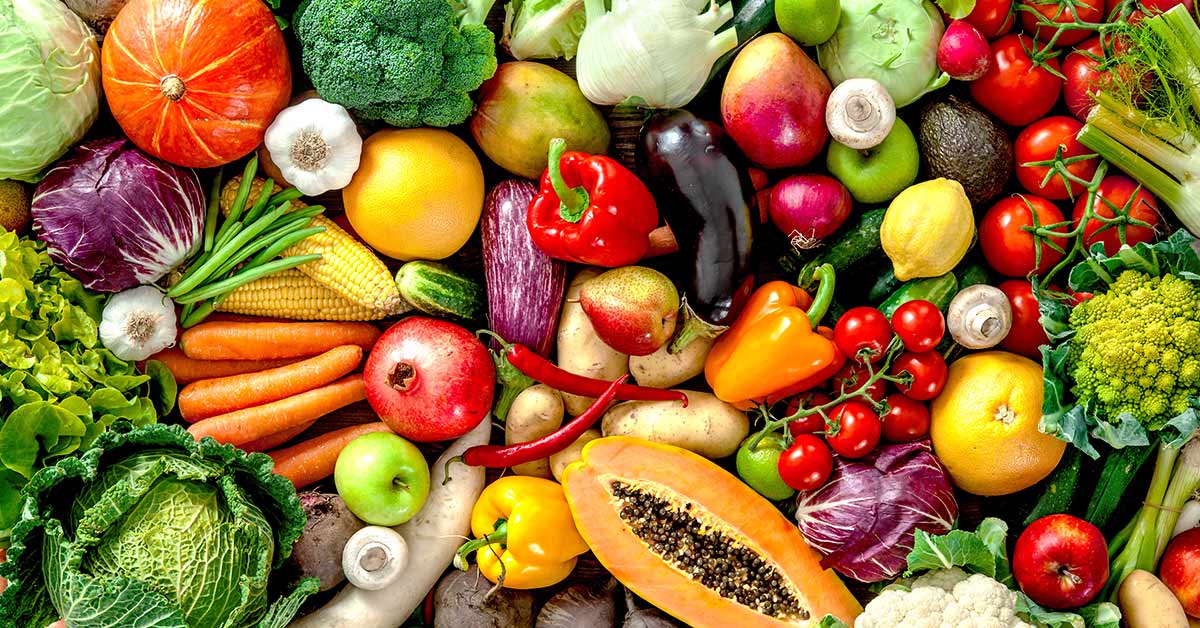
HOW DO YOU GET ENOUGH VITAMIN C?
Vitamin C is mainly found in many different fruits and vegetables. Besides that you will also find some Vitamin C in (sweet) potatoes, but these amounts are considerably lower than with fruit and vegetables. The following foods contain the highest amounts of Vitamin C:
- Paprika
- Black berries
- Parsley
- chicory
- Broccoli
- Kiwi
- Strawberries
- Oranges
If you want to get significantly more Vitamin C for certain reasons, it is wise to look at a supplement , because otherwise you are quickly looking at 100 grams or even kilos of fruit and vegetables.
VITAMIN D
Vitamin D is a very special vitamin, but no less important for you. The main source of Vitamin D is not found in our daily diet, but in sunlight. Vitamin D is one of the few vitamins that the body can make itself, provided you get sufficient exposure to sunlight. Now we all know that the latter is not always easy in the Netherlands. Even if the sun is shining enough, it is not easy, because to get the maximum benefit from this, you must have direct exposure to the sun with almost your entire body. Unfortunately, some sunlight in your face through the windshield of your car does not count …
It is also important to mention that Vitamin D is a fat-soluble vitamin. This means, among other things, that your body needs fat to be able to fully absorb Vitamin D. When you supplement Vitamin D, it is therefore important to take it with a meal that contains enough fat.
Enough introduction about Vitamin D, let’s see what Vitamin D does in your body:
- Vitamin D is important for normal muscle function
- Vitamin D plays a role in the process of tissue growth and contributes to cell renewal
- Vitamin D ensures the maintenance of strong bones
Vitamin D therefore plays an important role for your muscles, your recovery and your bones. All three things that you, as a strength athlete, undoubtedly want to have listed.
HOW DO YOU GET ENOUGH VITAMIN D?
We already mentioned it above: Vitamin D is mainly produced by the body when exposed to sunlight. In addition to that source of Vitamin D, there are a number of dietary sources that can provide you with Vitamin D, but in all fairness these often fall short in quantity. You can think of the following:
- Fatty fish such as rainbow trout, salmon or mackerel
- Egg
- Tartare
The rainbow trout contains a fair amount of Vitamin D per 100 grams, but all other options are soon a lot lower. To illustrate, you would have to eat 250 grams of trout to get the same amount of Vitamin D as one 1000 IU lozenge . For eggs it becomes even more unrealistic, because then you are already on more than 25 eggs a day!
Unless you live in a warm country and spend a lot of time in the sun every day (lucky you…?), It is advisable to take a Vitamin D supplement. You can hardly escape this, especially because for many people the amount of 1000 IU is not even enough to meet their needs. You should determine your exact need by taking blood, but 3000 IU in particular does not seem an unnecessary luxury in winter . And remember: take this with a fatty meal.
VITAMIN E.
The last vitamin from this list is Vitamin E. Just like Vitamin D, this is a fat-soluble vitamin and fulfills an important function as an antioxidant in the body. You would think that this is not particularly important for strength training, but nothing could be further from the truth. As we already mentioned with Vitamin C, strength training has a strong effect on the body. In this process cells are damaged, waste products accumulate and inflammation occurs in the tissue to trigger recovery and growth. That is precisely why it is extra important to keep your cells healthy, so that they can withstand all the violence you throw at them.
Vitamin E is known for the following characteristics:
- Vitamin E helps protect healthy body cells
- Vitamin E works to protect against free radicals
- Vitamin E helps protect cells against oxidative damage from air pollution and UV radiation
Remember: a healthy body is a strong body! So make sure that the basis is always good, that will benefit your results in the gym.
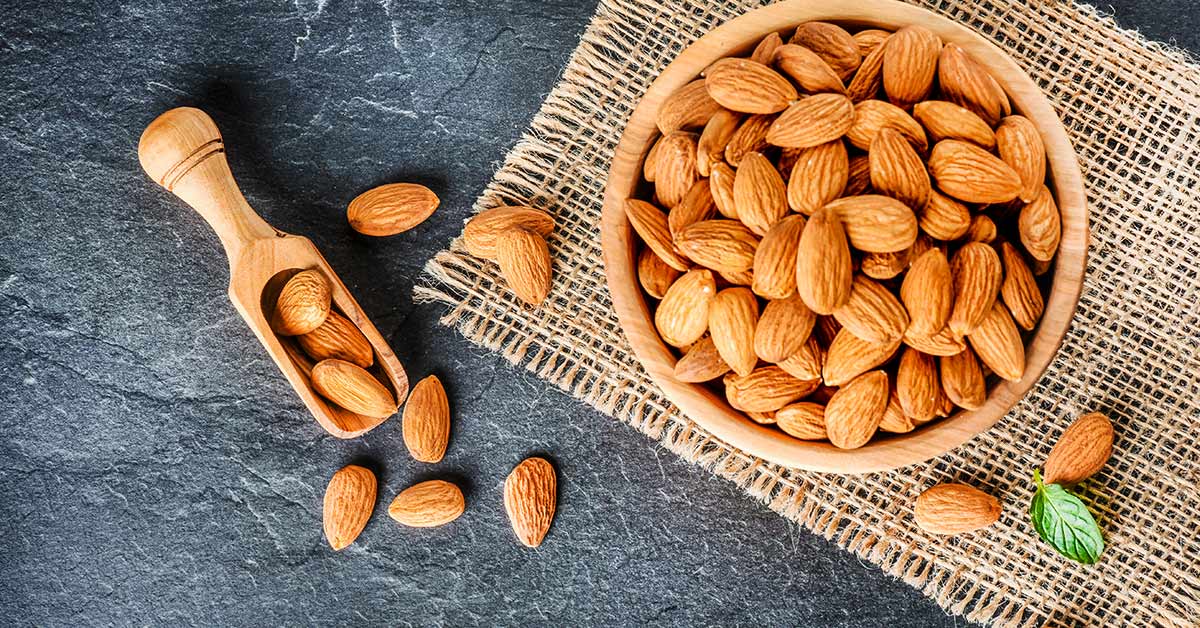
HOW DO YOU GET ENOUGH VITAMIN E?
Vitamin E is mainly found in products such as sunflower oil and margarine. Now we cannot go into too much detail about why, but these are products that you actually do not want to include as standard in your diet. This is mainly due to the high amount of Omega 6 that disrupts the Omega 3: 6 balance in your body and the chance of trans fats that can have adverse health effects.
Other sources of Vitamin E are nuts, green vegetables and even kiwi. Those are the most important sources and even with that it can sometimes be difficult, because while almonds contain a good amount of Vitamin E, that is already a lot less with walnuts.
Because the recommended daily allowance for Vitamin E is not terribly high, if you eat a good portion of nuts and green vegetables you will be able to cover your needs perfectly. However, if you are dealing with a nut allergy, for example, it becomes a lot more difficult. In such a case, it is a good idea to take Vitamin E in supplement form , combined with a fatty meal.

